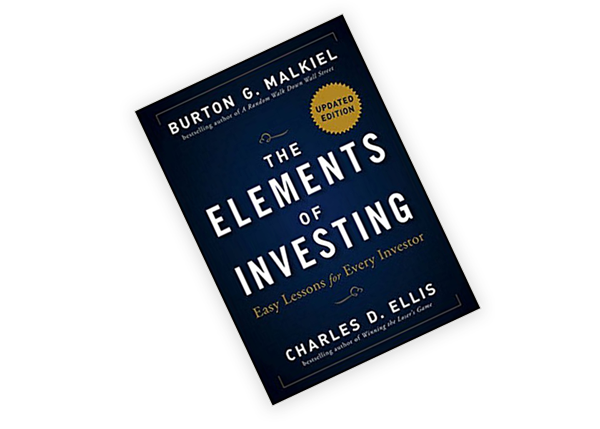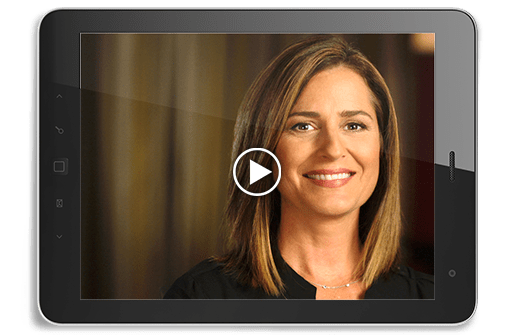
It’s that time again. The weather is starting to cool, and the long hazy days of summer are winding down as kids (and adults alike) retreat to the classroom. While the back to school focus is typically on children, have you thought about giving yourself some homework?
I don’t mean homework for a grade, of course. But rather, something that can improve your life and financial future. For example, do you know how much you should be saving? How about the difference between a Roth and traditional IRA? The startling fact is that Americans have a bad financial literacy problem, and Rebalance would like to help.
Below, we’ve outlines five crucial resources that can get you started on the path to money literacy, and overall help your financial outlook and future. So next time your kids start their assignments of the day, pull up a chair, open up your laptop, and make sure you too are getting some education. Bonding and learning? Talk about a win-win!
1. Get the basics from the financial guidebook

Often touted as the financial guidebook, The Elements of Investing is an essential for the library of any serious saver. Written by two members of the Rebalance Investment Committee, Malkiel and Ellis provide a surprisingly fresh perspective on investing – and simple to follow tips on everything from saving and handling debt to preparing for retirement.
We so believe in the information offered in Elements that we send it to every client as soon as they sign on. It’s easy to read and will change the way to look at finance. Buy it here.
2. Watch financial videos from trusted experts

There are a ton of pundits out there who try to influence you one way or the other when it comes to finances and investing. So it’s important to find a video series that is produced by fiduciary advisors for education purposes, free of commercial incentive.
In fact, after learning about the financial literacy discrepancy in America, our firm Rebalance made it part of our mission to provide financial education whenever possible (and free of charge). That’s why we launched the Center for Retirement Investing, and our Expert Advisors series.
These videos are bite-sized clips packed with important information that is easy to digest and can have a big impact on your wallet. The videos live right on our website and don’t require any sort of fee or sign-up. Check them out here and here.
3. Check out trustworthy (and accurate!) finance blogs/websites

It’s hard to know where to start when you’re looking for online resources. Thankfully, there are several trustworthy sites available that offer accurate, unbiased information you can use when approaching your finances (right at your fingertips).
To get started with investment basics, I recommend Investopedia, an online encyclopedia that helps define and put in context the often baffling financial jargon thrown around by the big wigs at Wall Street. Additionally, they offer insightful blogs and articles full of useful tips and tricks.
Another great online finance community is Kiplinger. This DC-based organization has a wealth of helpful blogs when it comes to personal finance and investment news. From taxes to retirement planning, this site has you covered.
4. Subscribe to finance-centric newsletters

Not all email newsletters are created equal. In fact, I for one know that about half of the emails I receive end up in the trash. However, what if a simple email could help you save big bucks in retirement fees or provide some much needed insight on what to do with a stranded 401(k)?
Enter the Rebalance Live Well & Retire With More Newsletter. This monthly newsletter provides you with top-level tips and advice, in an easy to read format. Sign up here.
Now we don’t want to seem completely biased, so after you sign up for the Rebalance newsletter, I recommend subscribing to The New York Times-Your Money Newsletter, which sends finance news and advice every Monday direct to your inbox. Subscribe here.
5. Speak with a fiduciary advisor

Forgive my colloquialism, but there is no real substitute for getting advice from “the horse’s mouth” so to speak.
Quite frankly, a fiduciary advisor, someone who is bound by law to act and advise in your best interest, is the best person to turn to for financial education and advice.
You can read every finance book, blog, and newsletter, but to have an educated expert weigh in on your personal finance situation is invaluable.
You can start a no-obligation conversation with a Rebalance advisor today, simply by clicking here. Even if you decide Rebalance isn’t a good fit, you will still have an investment expert evaluate your finances in one simple phone call!





